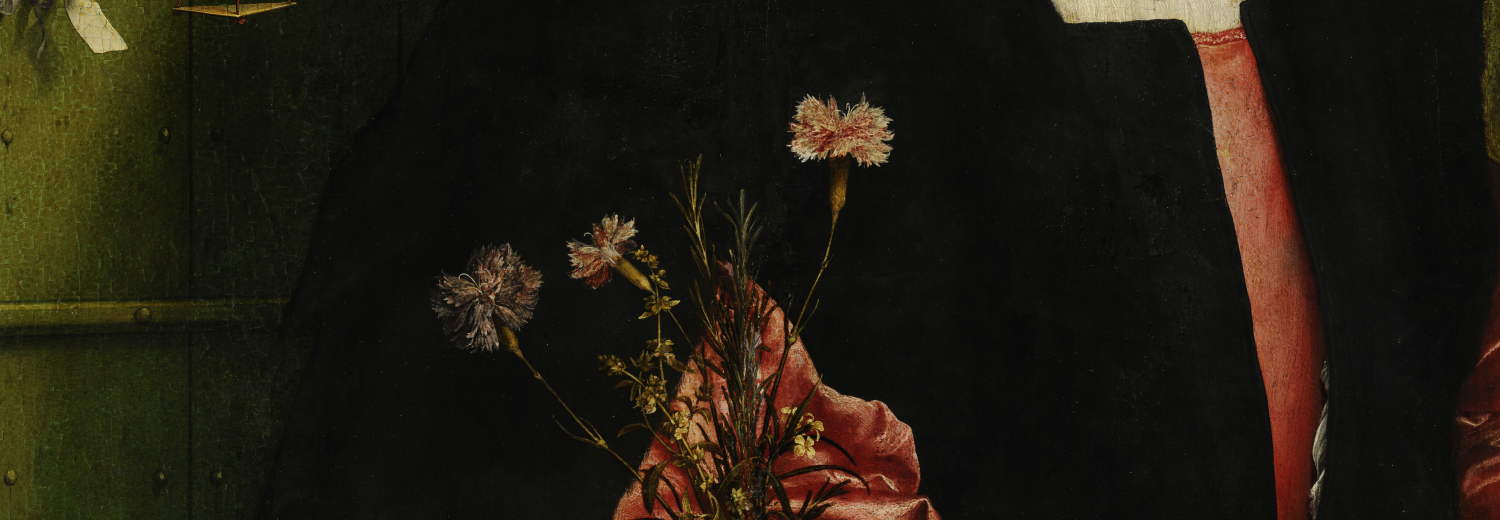Jackson Armstrong: ‘Recollection and reconciliation in 15th-century England.’
Justyna Wubs-MrozewiczStarting off our webinar was Jackson Armstrong from the University of Aberdeen who shared insights into the peace-making process among lesser landowners in late medieval Northern England and the Scottish Marches.
To avoid or end escalation of their conflicts, these actors relied heavily on courts of arbitration. Analyzing awards produced by these institutions, Jackson identified a collectively agreed upon manipulation of the past when making peace: some arbitrations not only required parties to establish friendship for the future, but also for the past. Thus, one example from 1465 called upon the parties 'to be full frends from this daie bakkwarde’. Other documents demanded exculpating oaths from the parties involved, not just to disavow responsibility but to actually deny that any violent conflict had occurred in the first place. We can, Jackson argued convincingly, regard these activities as attempts to rewrite agreed recollections – to shape an ideal, communal version of the past which no longer included the reason which had led to the arbitrated conflict and, thus, also no reason for renewing this violence in the future. Such efforts of agreeing upon an alternative past would have required oathtakers and witnesses to hold a shared view of memory in which recollection itself was valued not for factual accuracy but for its exemplary purpose and desired outcome. Armstrong’s paper, therefore, invites us to think about medieval concepts of time and of recollection. Constructing a shared narrative of events to reach a peaceful agreement and to use collective memory as a tool of reconciliation required groups to see the past in ways unfamiliar to us.[....]
